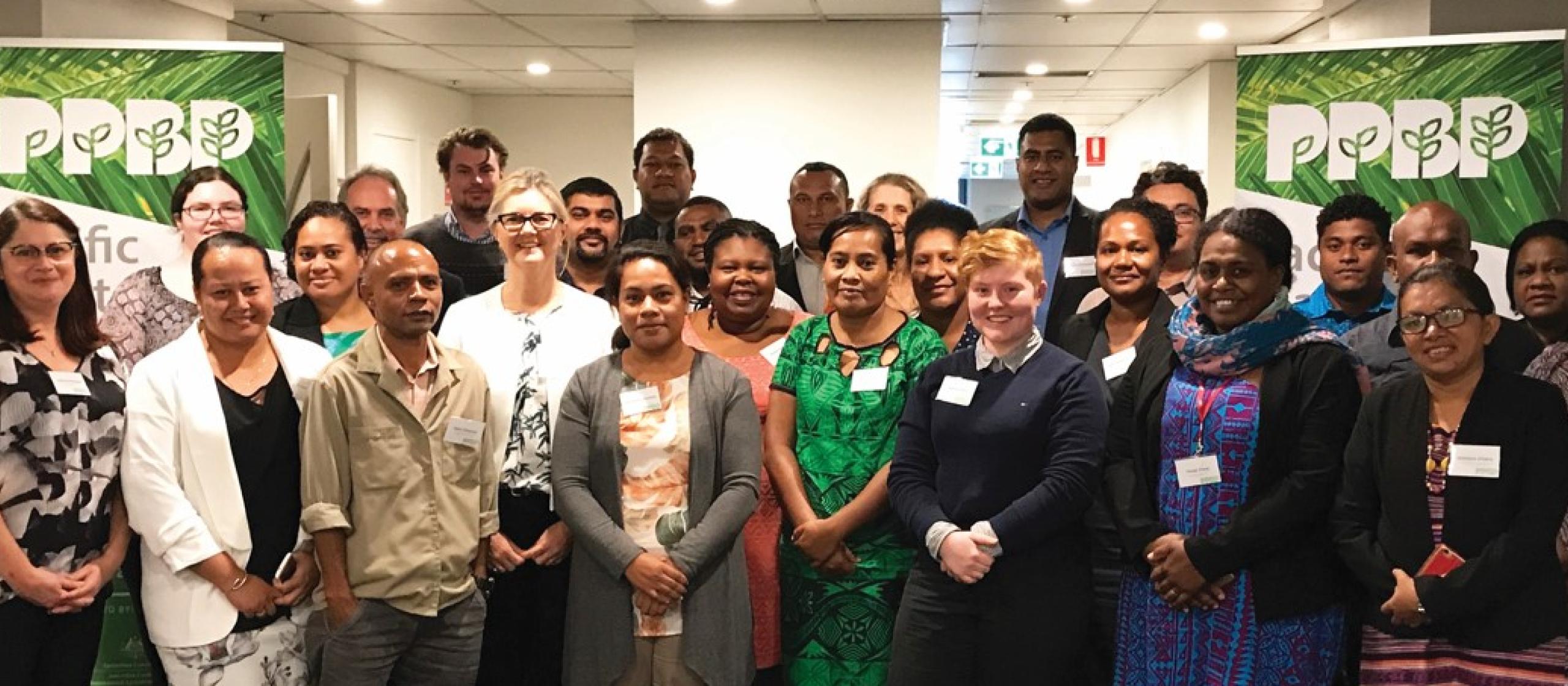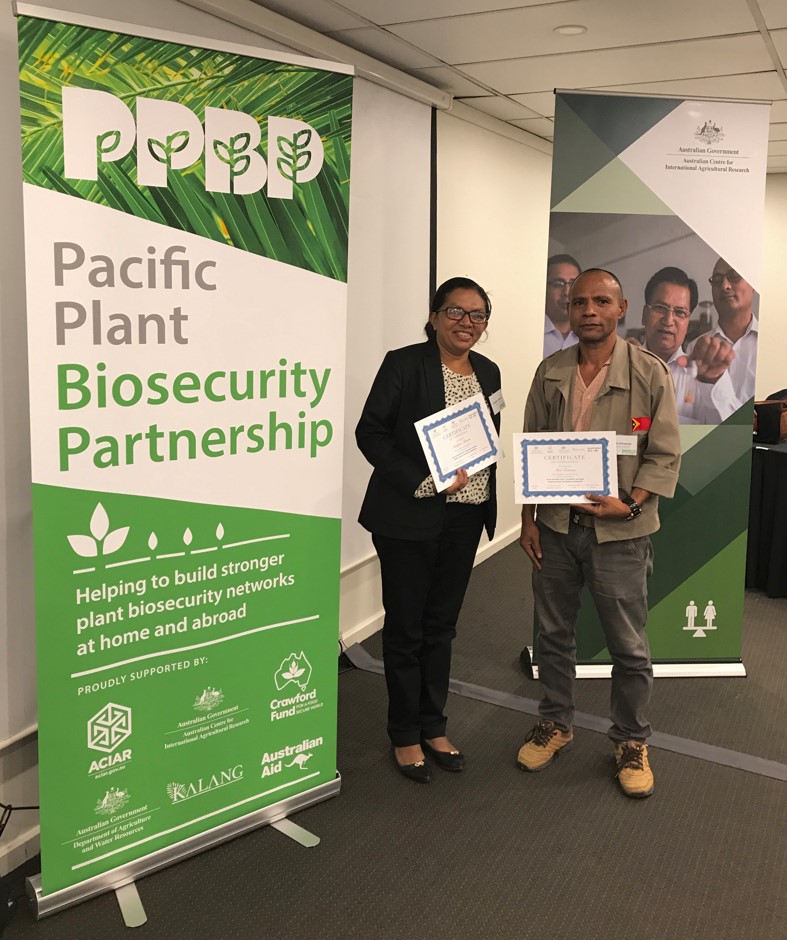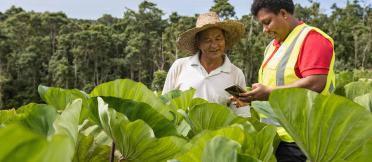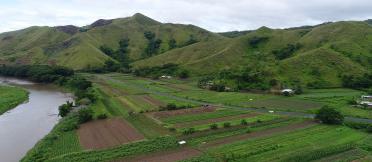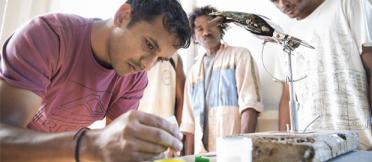Networks developed through the ACIAR Pacific Plant Biosecurity Partnership program continue to help strengthen capacity in the prevention of the spread of pests and disease in crops throughout the region, despite COVID-19 disrupting the program.
Mr Abel Ximenes has worked as a plant pathologist in Timor-Leste’s Ministry of Agriculture and Fisheries for 15 years. He has contributed to several scientific papers on disease in crops and is an active collaborator with the Northern Australia Quarantine Strategy.
But even with his considerable experience, he said being involved in the ACIAR Pacific Plant Biosecurity Partnership program was invaluable.
Through the program, he learned new techniques in surveillance and diagnostics as well as processes to assist in safe trade. And he built relationships that continue to enhance his work in biosecurity, long after the program officially ended.
‘Meeting people and developing networks was important because those connections have given me very good information on plant biosecurity and how to handle disease and pest issues,’ said Mr Ximenes. ‘We have a WhatsApp group and when I share a picture, members of the group give me feedback.’
This peer network provides smaller, resource-poor countries such as Timor-Leste with diagnostic support, but also builds real-time knowledge around biosecurity threats throughout the region.
‘It’s a strong network,’ said biosecurity specialist Mr Bill Magee, who co-managed the ACIAR-funded program modelled on successful ACIAR capacity-building work in Africa.
